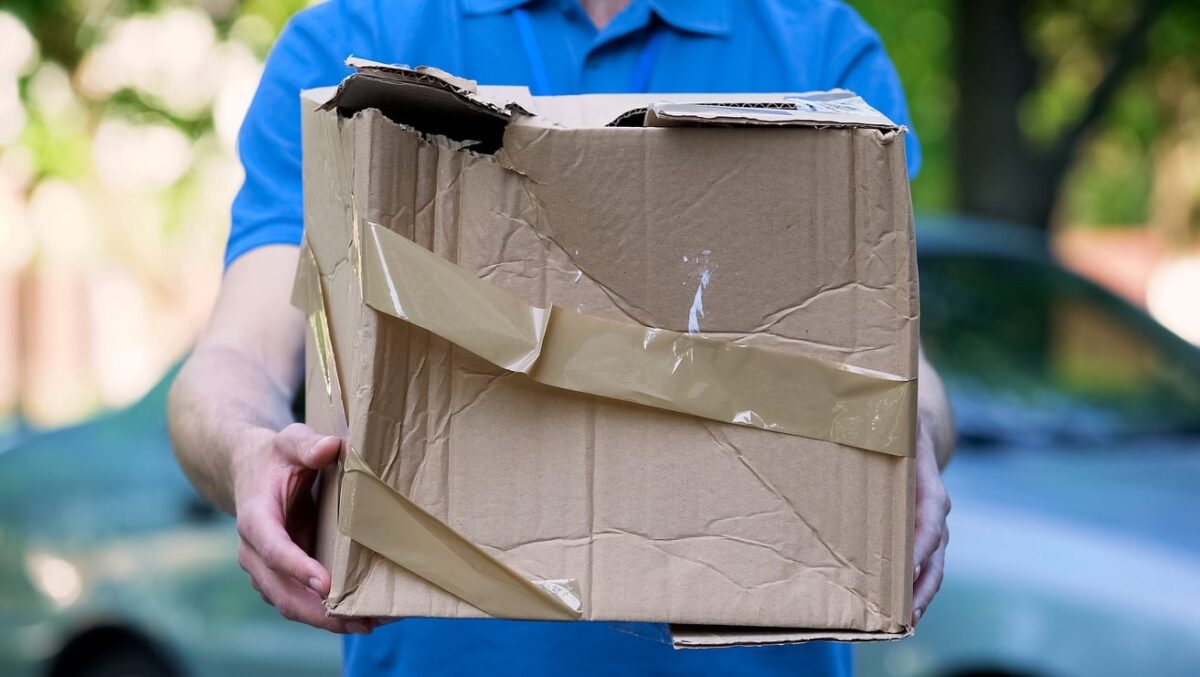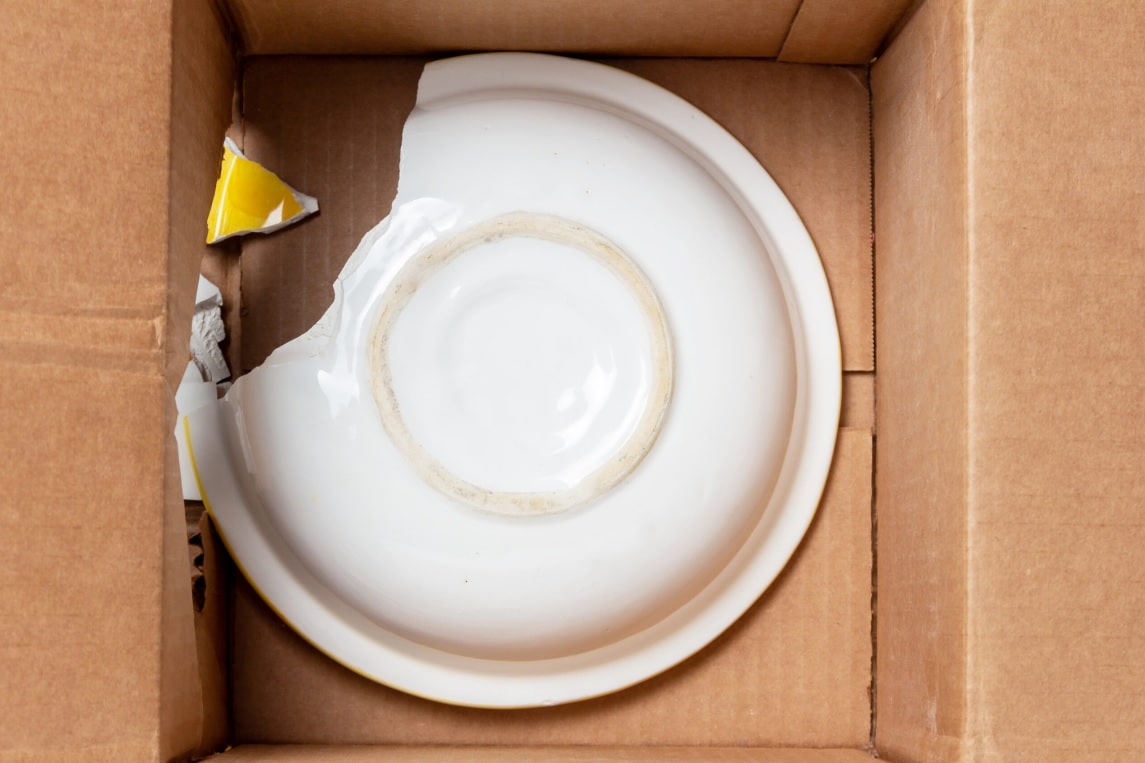In an ideal world, nothing would ever get damaged during a move. Unfortunately, that’s not always the case, and while professional movers work their hardest to ensure the safety and security of your items, sometimes accidents happen. To avoid potential headaches for your move, it’s important to know when movers are liable and what steps you can take in case your items are damaged or missing.
The Truth About Moving and Damages
When you hire NJ movers, you spend a decent amount of money not just for convenience but for protection. In theory, hiring movers should be the safest way to transport your belongings. After all, movers have training and experience on the best way to pack the truck and drive without damaging your things. So when something does get damaged, it’s usually due to improper packing, cluttered moving space, or even simple accidents. The reason for the damage will ultimately decide whether the moving company is liable or not.
When Are Movers Responsible for Damage?
Your choices and actions can play a significant part in whether the moving company is held liable for damages or not. Some factors include:
- Packing hazardous materials – if you pack these items without letting the movers know, and they damage something, the movers may not be held liable.
- Self-packing – when you pack your own boxes, movers might not be responsible for any damage to the contents. With that said, if you can prove that you packed the box appropriately and the damage comes from neglect and poor handling by the movers, you can open a claim.
- Coverage selection – your belongings are automatically covered by released value protection coverage, but that means movers are only liable for no more than $0.60 per pound per item. You can purchase full value protection, and if something gets lost, damaged, or destroyed, the movers can choose to repair, replace, or compensate for the current market value
- High-value items – even if you purchase the full value protection, movers cannot be held liable if you don’t declare all the high-value items. These tend to be items that are worth over $100 per pound, so think of an expensive SLR camera or your TV. Luckily, you just need to declare these items in the inventory.
Common Causes of Moving Damage
| Cause of Damage | Description | Estimated Frequency (%) |
|---|---|---|
| Packing Errors | Items not packed securely, wrong box sizes, insufficient padding | 35% |
| Improper Truck Loading | Overstacked or unbalanced items, heavy items placed incorrectly | 25% |
| Weather-Related Damage | Rain, snow, humidity, or extreme temperatures affect items | 15% |
| Handling Errors | Movers dropping, bumping, or mishandling items during transport | 25% |
- Signing delivery receipt – be careful when signing these, as some might have provisions that release movers from their responsibility once the document has been signed. Always inspect your belongings before signing anything.
- Delay in reporting – if you notice that an item is damaged or a box is missing, report it as soon as possible. While most valuations allow customers to report within 30-60 days, the longer you wait, the harder it will be to claim compensation
- Weather conditions – some valuations and even third-party insurance companies have a special addendum if you move during extreme weather conditions, where some damages might be considered unavoidable. Make sure to read over all the information beforehand.
- Pre-existing damage – If there are already some chips or dents on some items, additional damage might not be covered.
So when you put everything together, in order for movers to be responsible for damages, you should properly pack everything, declare the value of your shipment, notify the movers of any high-value items, and inspect your belongings after the move before signing anything! While this might seem like a lot of extra work, it’s worth the peace of mind.
Hire a Reputable NJ Moving Company
Your best bet for getting compensated for damaged or missing belongings is to use a trustworthy moving company. They might be more expensive, but hiring unlicensed movers can lead to significant risks like unsafe moving trucks, potential for theft, extortion, and more chances for your stuff to get damaged. Stick with the pros, like NJ Great Movers, and you can rest easy knowing we’ll provide you with the best service possible.
FAQ
Is valuation coverage the same as moving insurance?
Not really. Valuation coverage is provided by moving companies while moving insurance is usually provided by a third-party company. Moving insurance can also fill in the gaps that are not covered by valuation, such as very high-value items.
Does my homeowners insurance cover damaged items during a move?
Some homeowners insurance might, but it’s best to look at your policy. Many only protect your items when they are in your home, not while they are in transit.

